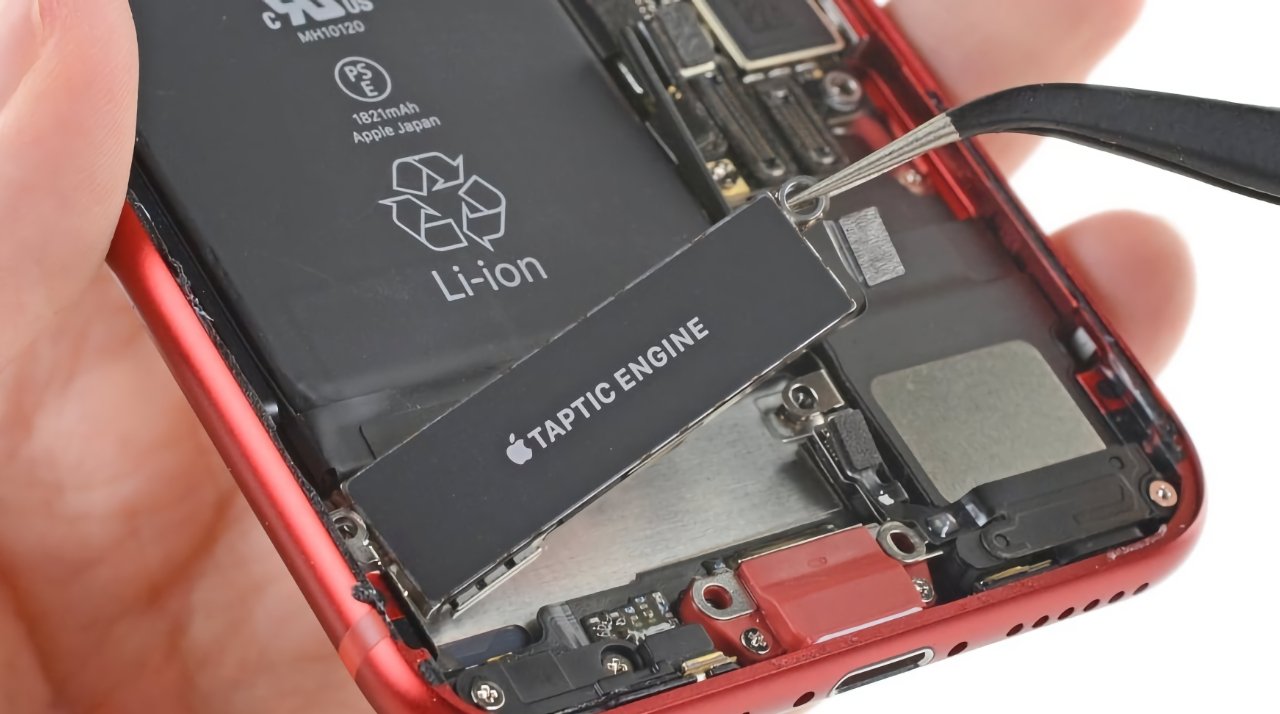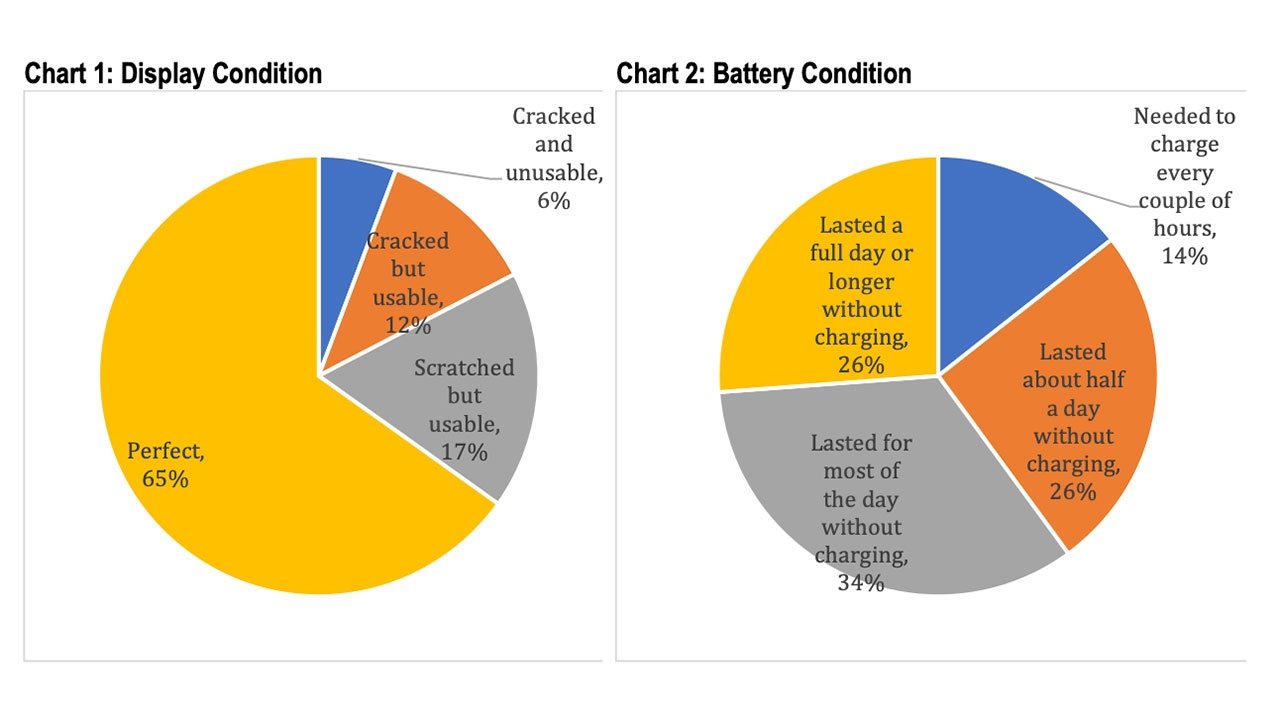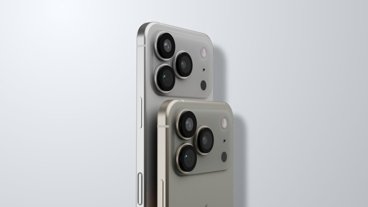A study published on Thursday takes a closer look at the impact Apple's new Self Service Repair might have on iPhone's average lifecycle.
Apple this week announced the Self Service Repair program, an initiative that will allow customers access to parts and tools to perform common iPhone 12 and iPhone 13 repairs like display, battery and camera replacements. The company plans to expand support to M1 Macs at a later date.
It was a surprising about-face for the tech giant, which for years has railed against the right-to-repair movement citing consumer safety and security risks.
Consumer Intelligence Research Partners delved into the implications of Apple's repair policy reversal, with a focus on how access to parts might impact sales of new iPhones. Specifically, the study takes a look at aggregate screen and battery conditions as predictors of demand for Self Service Repair, which in turn offers an indication of potential upgrade cycle disruptions.
Pulling from a survey of 2,000 U.S. Apple customers who purchased an iPhone, iPad, Mac or Apple Watch during the 12-month period ending in September, the research firm concludes that only a "small fraction" of users will use Self Service Repair to postpone a new iPhone purchase.
"Based on what consumers say about the condition of the old iPhones they are retiring, it seems that relatively few owners would use the Self Service Repair program to postpone their next iPhone purchase," said Josh Lowitz, CIRP Partner and Co-Founder. "Clearly, Apple's ongoing efforts to improve display durability and battery quality have paid off, even though consumers continue to complain, especially about battery life. Based on what consumers say about the condition of their old iPhones, most new iPhone buyers have more than adequately useable phones."
Some 6% of respondents said their iPhone screen was cracked and unusable, a condition that would necessitate replacement or repair, while 12% reported a cracked but usable display. Battery life was a more pressing issue, with 14% of owners surveyed saying their battery was depleted to the point where they needed to charge every couple of hours.
Aside from relatively long-lasting hardware, CIRP points out that iPhone owners have a number of reasons to upgrade from current hardware. Each successive iPhone iteration brings processor and camera improvements, while recent updates like iPhone 13 have increased internal storage capacities to a maximum of 1TB with iPhone 13 Pro.
 AppleInsider Staff
AppleInsider Staff








-m.jpg)






 Mike Wuerthele
Mike Wuerthele
 Malcolm Owen
Malcolm Owen

 Amber Neely
Amber Neely
 William Gallagher
William Gallagher




-m.jpg)





20 Comments
I remember this with Macs and other computers. There was a lot of talk about upgradability, A lot of people here and on other sites saying how critical it was to be able to add RAM, or replace drives, and such. But the fact was they were the minority. Most people would buy a computer, use it until it didn't do what they wanted any more, and then replace it. I suspect most people upgrade their phone, not because they have to, but because they want to. They don't want to repair their phones any more than they want to repair their car, or their furnace, or put new shingles on their roof.
Agree with @DAlseth. This will delight a very small number of dedicated DIY folks, but won't make any significant real-world difference for the same reason that having wrenches and pipes at Home Depot doesn't threaten plumbers.
I'm an engineer and I absolutely don't want to fix my own phone, car, dishwasher or laptop, etc. That doesn't sound like fun, and the time alone negates any value.
What kind of study could they have done in a day? I took longer to write a HS research paper and that was mostly regurgitating other people's research (with citations, of course).
I'm on my 5th iPhone. I started with a 4s and now have a 12 mini.
I have never needed to repair or replace anything on any of them.
So, I'm pretty indifferent about the repair thing on iPhones.
I have, however, added RAM to to my iMacs.
The money I saved buying the minimum amount of RAM and upgrading later, allowed me to max the CPU and GPU.